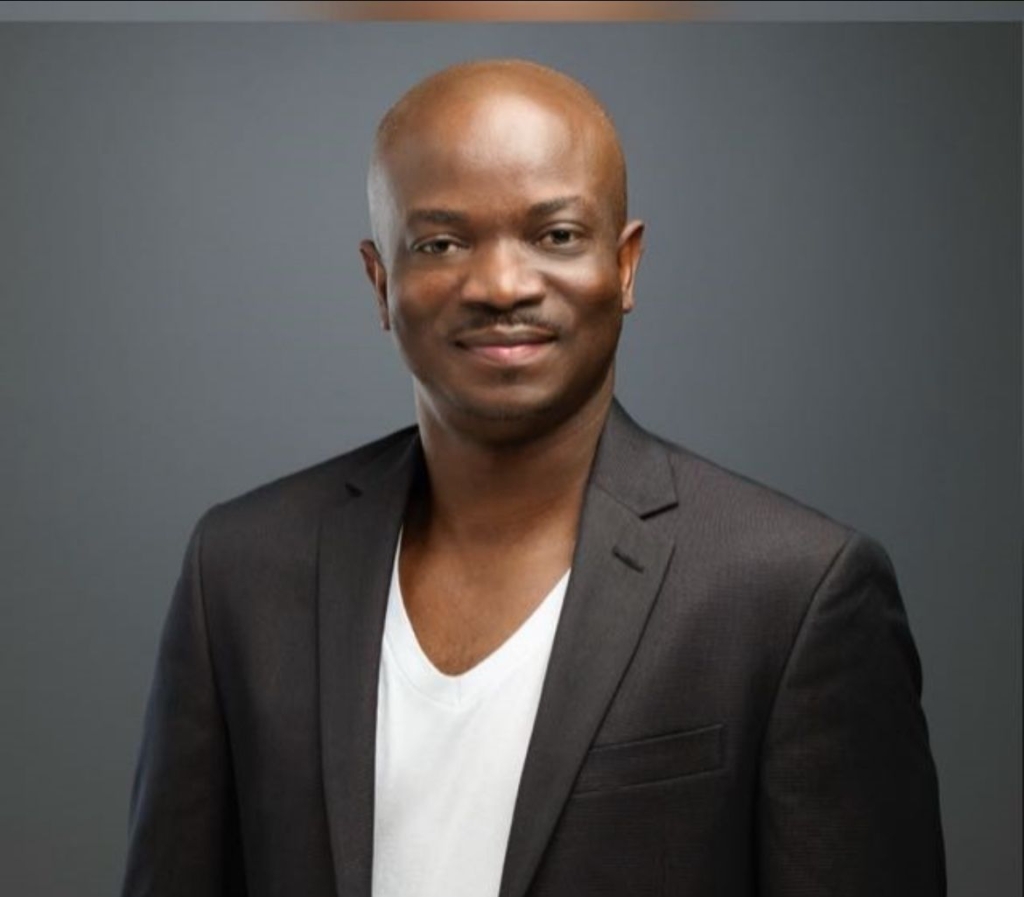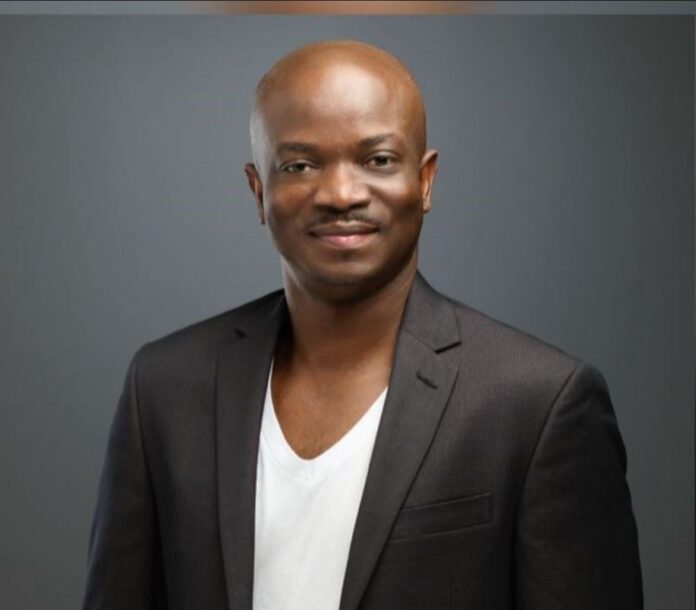
In Ghana’s democratic architecture, the judiciary is revered not only as an arbiter of disputes but also as the last moral frontier where truth, justice, and accountability are meant to converge. It is the guardian of freedom.
It is thus a staggering contradiction, both legal and moral, when the very individual entrusted to lead such an institution appears unwilling to subject themselves to the same standards of scrutiny they preside over daily.
When a petition, constitutionally and procedurally sound, is filed seeking action against the Chief Justice of the Supreme Court, Her Ladyship Gertrude Torkornoo, for “allegations or wrongdoing,” and the Chief Justice seemingly resists the initiation of due process, the damage goes far beyond personal reputation. It strikes at the legitimacy of the entire judicial system.
Let it be clear: I am not a lawyer, but a citizen holding dear the values that bind our country. I believe the call for due process is not a declaration of guilt.
It is, fundamentally, the public’s right to seek redress and the accused’s right to a fair and impartial hearing. That the Chief Justice a position that embodies constitutional fidelity, would resist this is symptomatic of a deeper rot: the personalization of institutional power.
We must ask, then: what is a judge who flinches at lawful inquiry but a custodian afraid of their own court? The refusal to subject oneself to due process does not preserve dignity; it erodes it. In my opinion, it may signal the emergence of a judiciary that sees itself as above the law, where accountability is for the governed, but not for those who govern the gavel. This is dangerous.
The feeling is that the embattled Chief Justice in this situation is attempting to circumvent constitutional procedure. That is not merely an institutional crisis; it is a moral failure. It teaches the Bar and Bench alike that impunity can wear robes and call itself justice.
It emboldens future judicial officers to believe that once robed, they are cloaked in immunity. And worst of all, it tells the public that when the law points to the judge, the courtroom door quietly shuts.
Yet the law must be a double-edged sword. It must cut both ways.
In my candid opinion, where jurisprudence is manipulated to evade process, and where process is selectively applied, the law becomes less a compass and more a cudgel.
The head of any judiciary must be the first to submit to the process, not the last. That is the price of moral authority. To do otherwise is to admit that what is feared is not injustice, but the truth. And the truth, once buried, has a curious habit of digging itself up.
In the end, the law will remain. And so will history. The Constitution is the Constitution, and no one is above it.
The question now is: Will the name of the Chief Justice, Her Ladyship Gertrude Torkornoo, be remembered as one who protected justice or as one who hid from it when it was her turn to face it?
The writer of this article is the Deputy Communications Officer of the National Democratic Congress (NDC), USA chapter.
DISCLAIMER: The Views, Comments, Opinions, Contributions and Statements made by Readers and Contributors on this platform do not necessarily represent the views or policy of Multimedia Group Limited.
DISCLAIMER: The Views, Comments, Opinions, Contributions and Statements made by Readers and Contributors on this platform do not necessarily represent the views or policy of Multimedia Group Limited.



